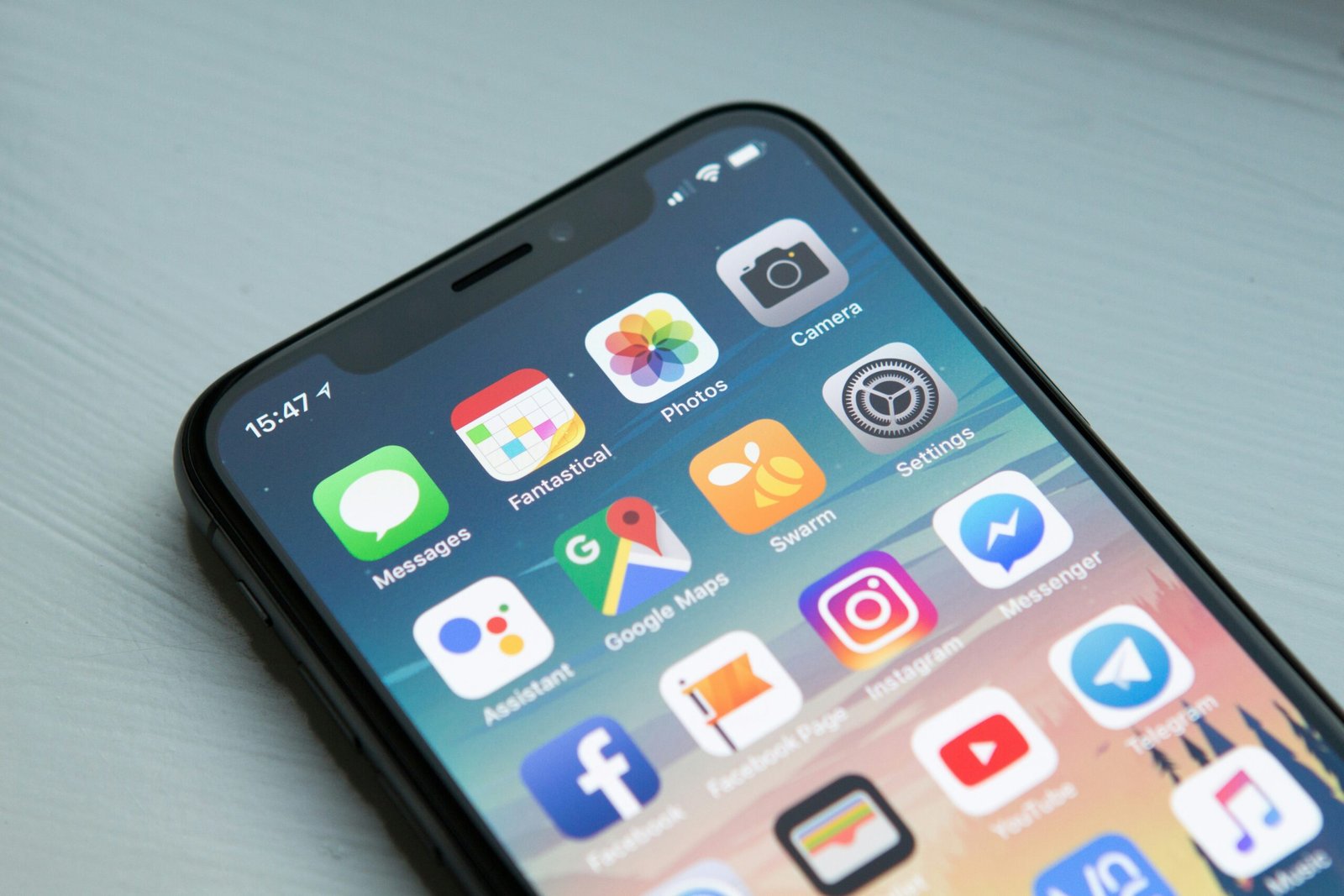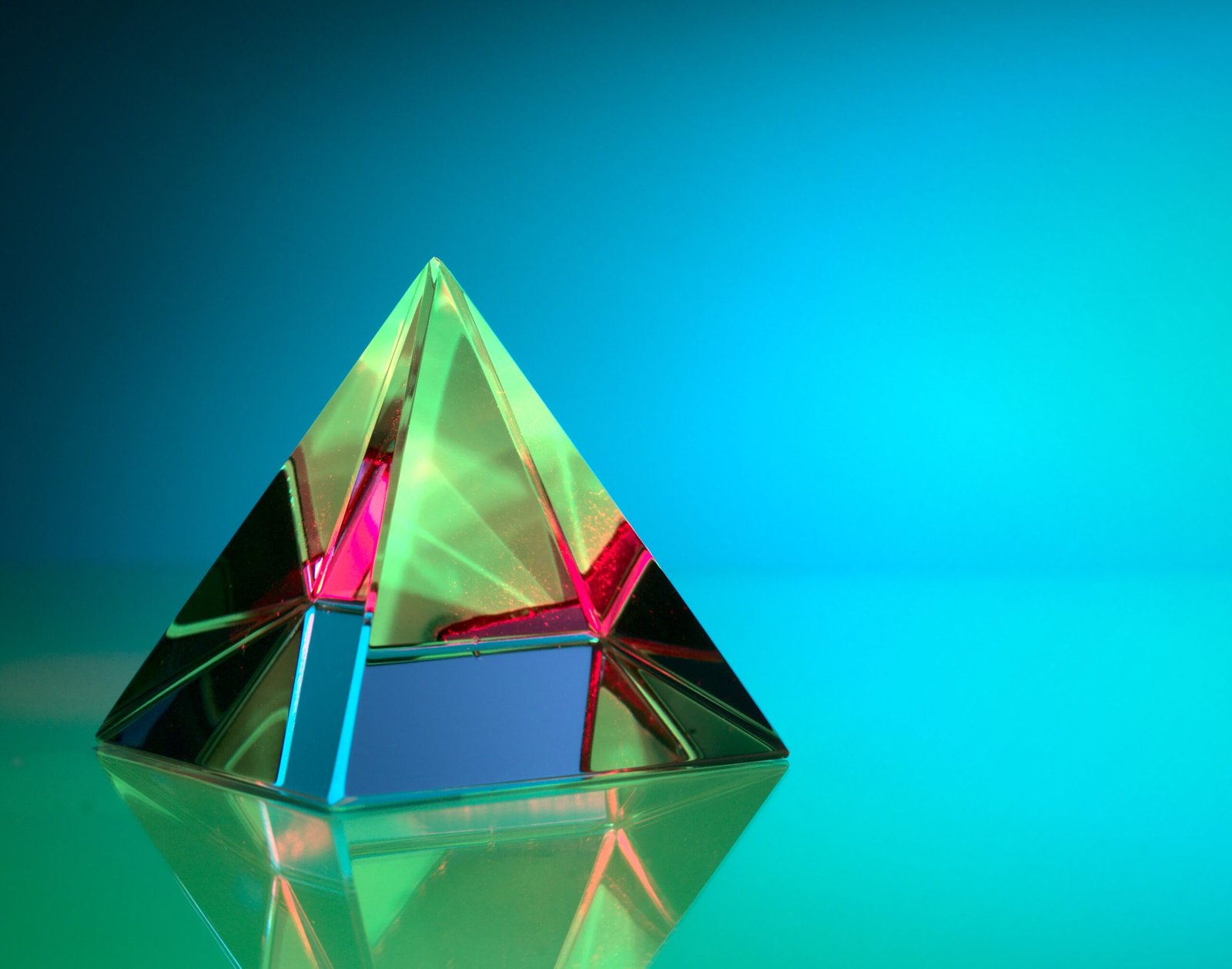Digital Detox: Reclaiming Your Time and Mind
September 17, 2024 | by autumngoals.com

Digital Detox Photo by Julia Elliot on Unsplash
Understanding Digital Detox
The line between online and offline life has blurred in our world where technology is ever-present. Our smartphones, tablets, and computers have become extensions of ourselves, constantly buzzing with notifications, emails, and messages. While technology has undeniably improved our lives, offering convenience and connectivity, it has also introduced new challenges. The overconsumption of digital content can lead to stress, anxiety, and burnout. This is where the concept of a digital detox comes in—a deliberate break from electronic devices to improve mental and physical well-being.
A digital detox doesn’t necessarily mean giving up technology altogether; rather, it’s about finding a healthier balance. It’s about reclaiming control over how, when, and why we use technology to ensure it enhances rather than diminishes our quality of life. As Cal Newport, author of “Digital Minimalism: Choosing a Focused Life in a Noisy World,” says, “Clarity about what matters provides clarity about what does not.” This quote captures the essence of a digital detox beautifully: finding clarity and purpose in a world filled with digital distractions.

The Importance of Digital Detox
A digital detox is more than just a trend—it’s a necessity for maintaining mental health, productivity, and overall well-being. Here are some reasons why digital detox is so important in our tech-driven age:
1. Reducing Stress and Anxiety
Constant exposure to social media, emails, and news updates can increase stress levels and anxiety. According to the American Psychological Association, nearly 43% of adults report checking their work email constantly, which significantly contributes to stress. Social media platforms can amplify feelings of inadequacy and anxiety by fostering a culture of comparison. Seeing the highlight reels of others’ lives can make us feel like we’re missing out or not measuring up.
A digital detox can reduce this pressure. By stepping away from the screens, individuals can reconnect with the present moment and engage in activities that bring joy and relaxation. Whether it’s spending time outdoors, engaging in a hobby, or simply being with loved ones, a break from the digital world can help reset our mental state.
Personal note – I have stopped reading and listening to the news – for several years now. It was stressing me out, I was becoming negative and depressed. I figured that if the news topic or event is important enough someone (family, friends or colleagues) will talk about it to me. I do listen to podcasts about topics that I am interested in though…

2. Improving Sleep Quality
Our devices often keep us up late at night, with blue light emitted from screens disrupting our natural sleep cycle. Studies have shown that exposure to blue light can suppress the production of melatonin, the hormone responsible for regulating sleep. Moreover, the habit of checking notifications or browsing social media before bed can keep the mind active, making it difficult to wind down and fall asleep.
Implementing a digital detox, especially in the hours leading up to bedtime, can significantly improve sleep quality. Establishing a nighttime routine that includes shutting off devices at least an hour before bed can help create a calming environment conducive to restful sleep. By prioritizing sleep, individuals can wake up feeling refreshed, more focused, and ready to tackle the day.
3. Boosting Productivity and Focus
The constant pings and alerts from our devices can be incredibly distracting, making it challenging to focus on tasks at hand. Multitasking between work emails, social media updates, and other notifications can decrease productivity and the quality of work. A study conducted by the University of California, Irvine, found that it takes an average of 23 minutes to refocus after a distraction.
A digital detox can help in reclaiming focus. By setting boundaries around technology use, such as turning off non-essential notifications or designating specific times for checking emails, individuals can create a more focused work environment.
Personal note – I really hate the constant pings from electronic notifications. These sounds actually seem to cause my heart rate to increase – which is a sign of stress. My devices all are set to have no noisy notifications. I do have ring tones on my mobile phone on when I am not in meetings – in case it is urgent.
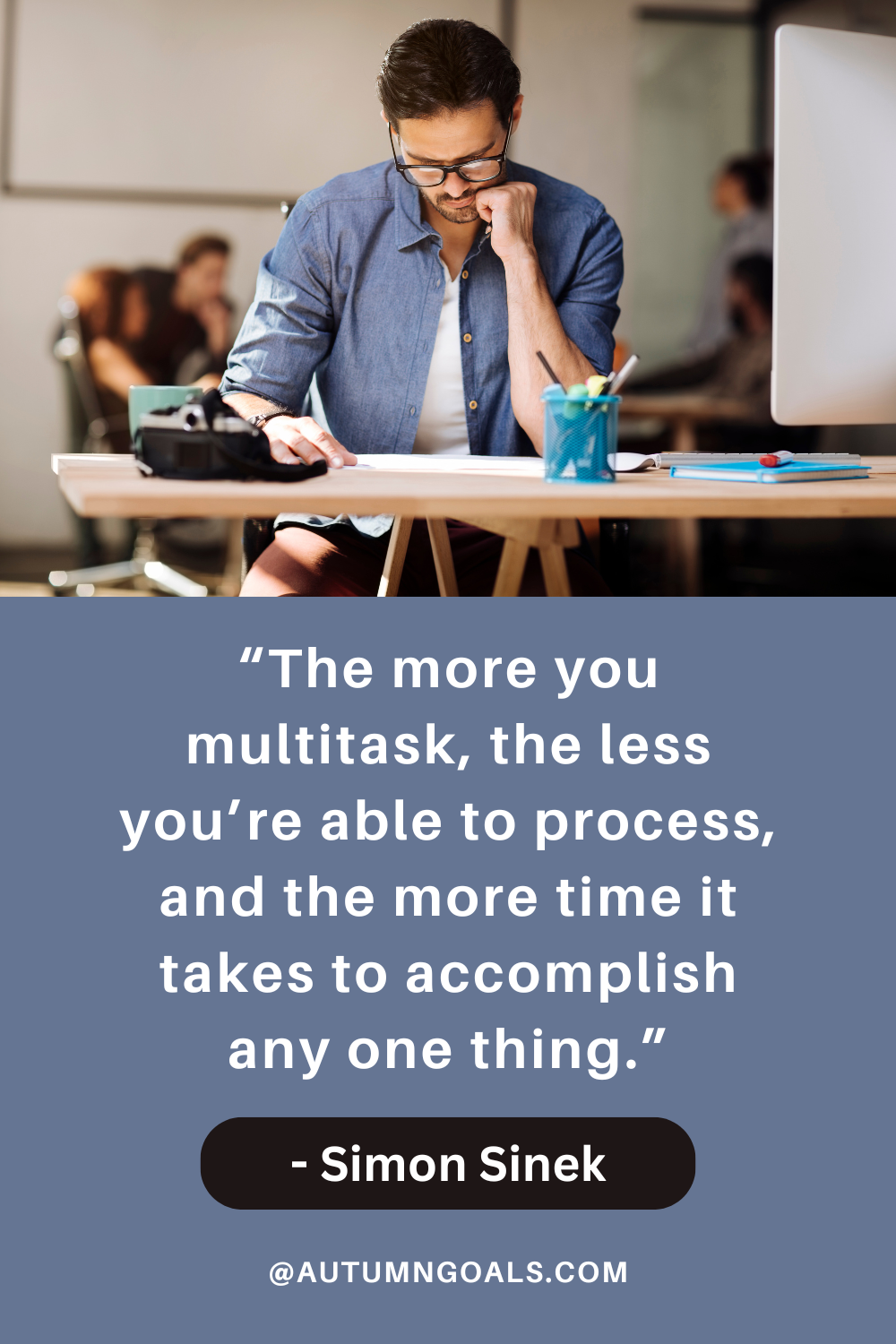
4. Enhancing Personal Relationships
While technology enables us to stay connected with people across the globe, it can sometimes impede real-world interactions. Being constantly glued to screens can make us less present in face-to-face conversations, affecting our relationships with friends, family, and colleagues. A study by the University of Essex showed that even the mere presence of a phone during a conversation can make the interaction less satisfying and decrease feelings of closeness and trust.
A digital detox encourages people to put their devices down and be more present in their interactions. Spending quality time with loved ones without the distraction of screens can strengthen bonds and improve the quality of relationships. It allows for meaningful conversations and shared experiences, which are essential for emotional connection and well-being.

5. Encouraging Mindfulness and Self-Reflection
Mindfulness—the practice of being fully present in the moment—is often hindered by the constant influx of digital information. Scrolling through endless feeds can numb our minds and prevent us from engaging in deep, reflective thought. Digital detox allows individuals to step back, slow down, and reconnect with themselves. It creates space for mindfulness, self-reflection, and personal growth.
Activities like meditation, journaling, or simply spending quiet time alone can help individuals understand their thoughts, emotions, and behaviours better. This self-awareness is really necessary for personal development and can lead to more intentional and fulfilling life choices. In the words of Eckhart Tolle, author of “The Power of Now,” “The primary cause of unhappiness is never the situation but your thoughts about it.”
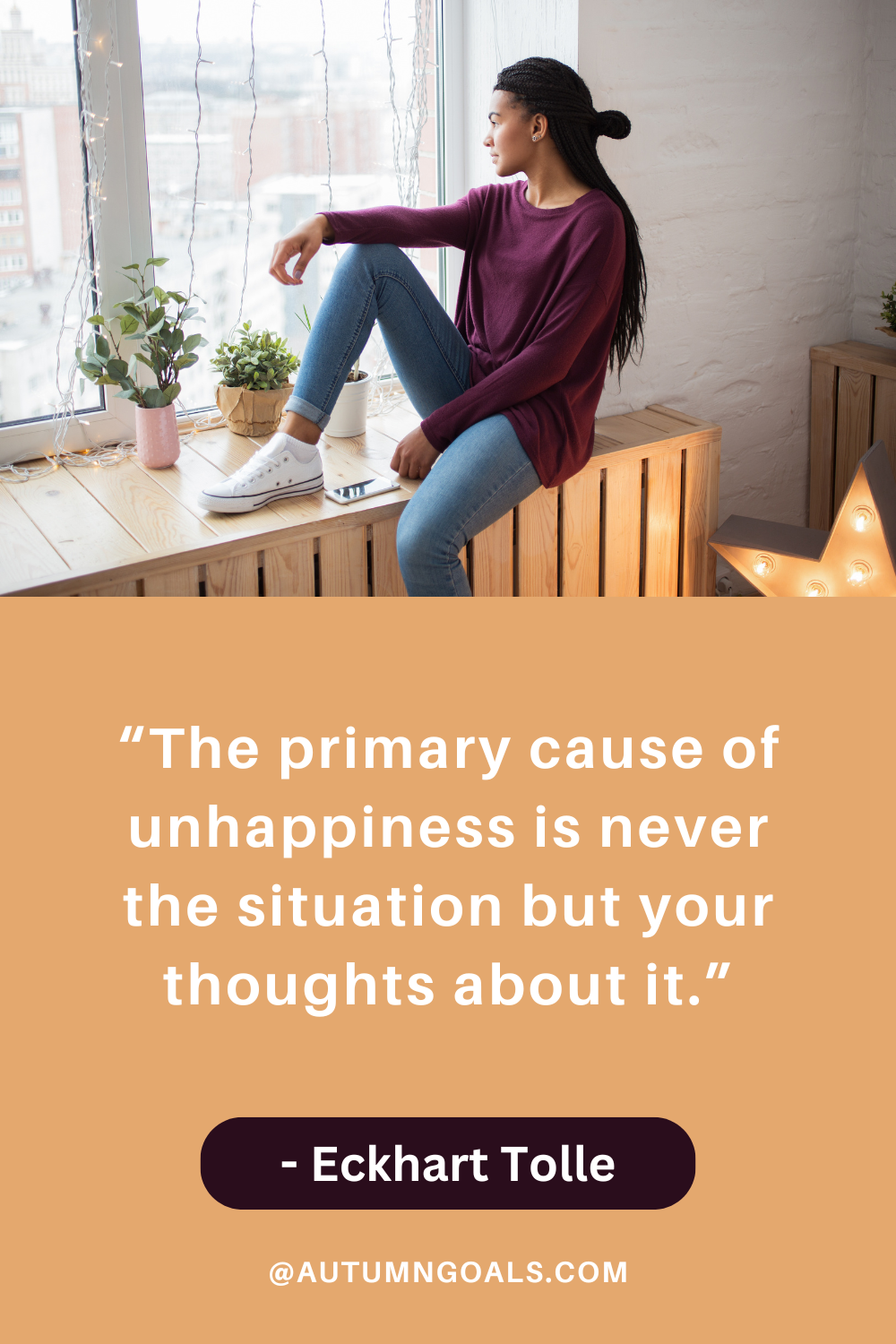
6. Promoting Physical Health and Well-being
Extended periods of screen time can lead to physical issues such as eye strain, headaches, neck pain, and poor posture. Additionally, the sedentary nature of technology use can contribute to a lack of physical activity, increasing the risk of health problems like obesity, heart disease, and diabetes.
A digital detox encourages individuals to engage in more physical activities. Whether it’s going for a walk, practicing yoga, or engaging in sports, stepping away from screens promotes a healthier lifestyle. Physical activity not only improves physical health but also boosts mental well-being by releasing endorphins, the body’s natural mood enhancers.
How to Implement a Digital Detox
Now that we’ve explored the benefits of a digital detox, let’s look at practical ways to implement it into daily life.
1. Set Clear Boundaries
Establishing clear boundaries for technology use is the first step towards a successful digital detox. Designate specific times for checking emails and social media, and stick to those times. Consider implementing screen-free zones in the home, such as the dining area or bedroom, to encourage more offline interactions and relaxation.
2. Turn Off Non-Essential Notifications
Notifications are designed to grab our attention, often pulling us away from what we are doing. Review your device’s notification settings and disable non-essential alerts. This simple step can significantly reduce the number of distractions and help you stay focused on what truly matters.
3. Practice the 20-20-20 Rule
The 20-20-20 rule is a guideline to reduce eye strain caused by prolonged screen time. Every 20 minutes, take a 20-second break to look at something 20 feet away. This practice can help reduce the strain on your eyes and encourage you to step away from screens regularly.
Even better would be to get up and do a short walk or stretch – and drink some water. 🙂
4. Schedule Regular Digital Detox Days
Consider scheduling regular digital detox days where you unplug from all devices. This could be once a week, like a tech-free Sunday, or once a month. Use this time to engage in activities that don’t involve screens, such as reading a book (with actual paper pages), hiking, or spending time with family and friends.
5. Engage in Offline Hobbies
Find hobbies that don’t involve technology. This could be anything from gardening, painting, cooking, DIY, or playing a musical instrument. Engaging in offline hobbies can be incredibly fulfilling and provide a break from the constant influx of digital information.
6. Seek Professional Guidance
If you find it challenging to disconnect from technology, consider seeking guidance from a professional. Therapists and life coaches can provide valuable insights and strategies to help you develop healthier tech habits. Sometimes, structured support can make a significant difference in managing digital dependency.
Embrace the Power of Digital Detox
The technological era has brought incredible advancements and conveniences, but it has also led to new challenges in maintaining our mental and physical well-being. A digital detox is not about rejecting technology but about reclaiming control over its role in our lives. By consciously choosing when and how we engage with our devices, we can reduce stress, improve sleep, enhance productivity, and strengthen personal relationships.
Embracing digital detox practices can help us lead a more balanced and fulfilling life. It allows us to reconnect with ourselves, the people around us, and the world in a more meaningful way. As Mahatma Gandhi once said, “There is more to life than increasing its speed.” In slowing down and disconnecting from the digital world regularly, we find clarity, purpose, and the opportunity to truly live.
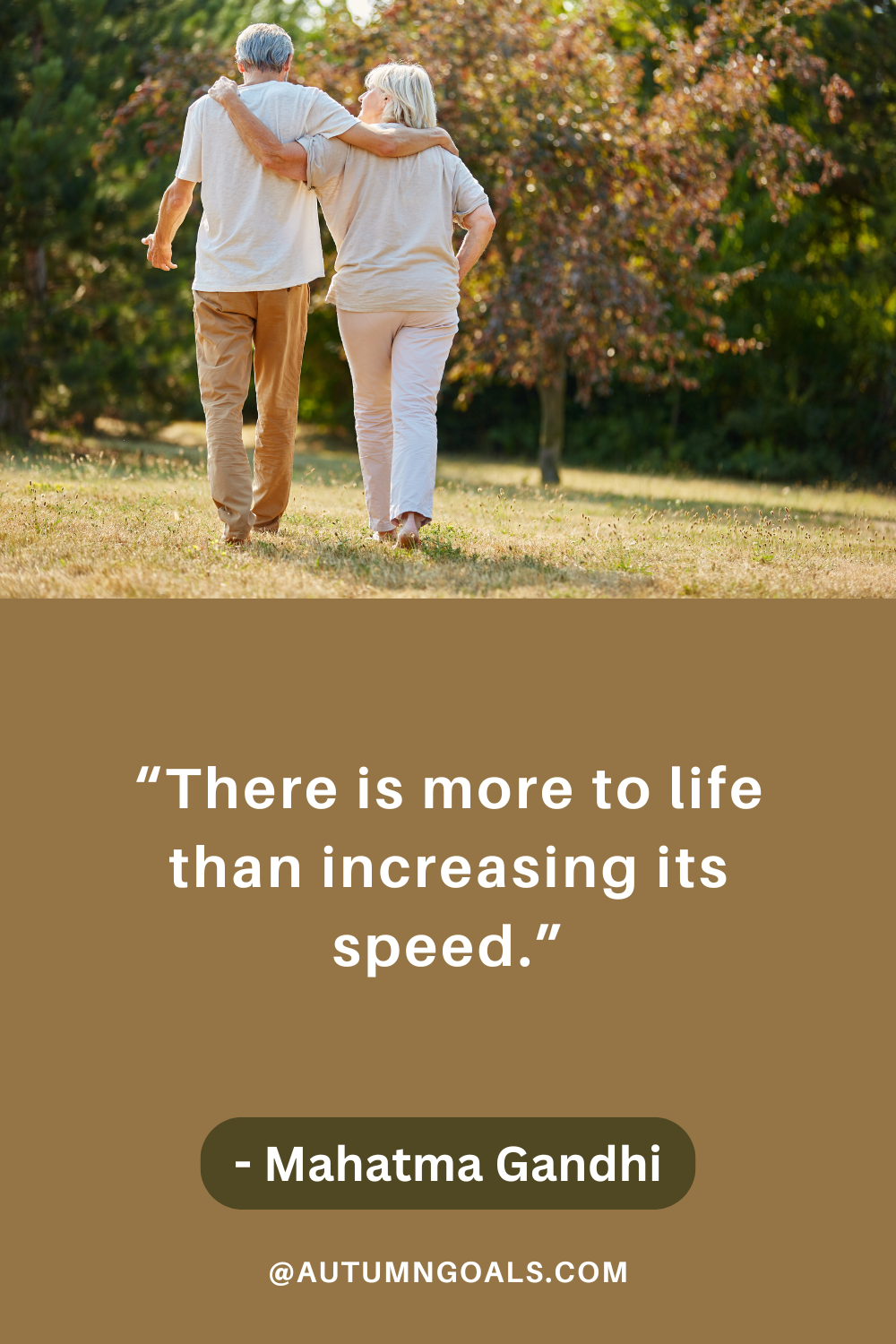
RELATED POSTS
View all

